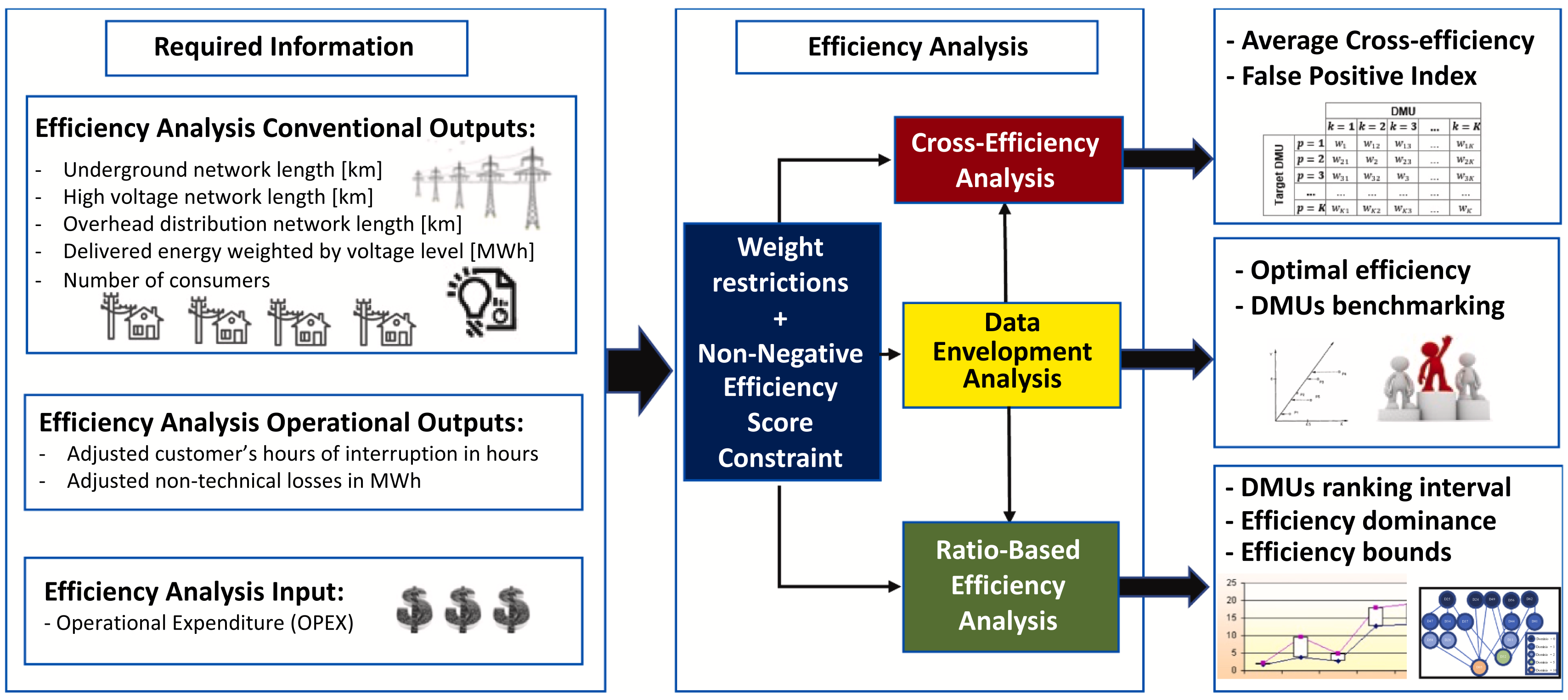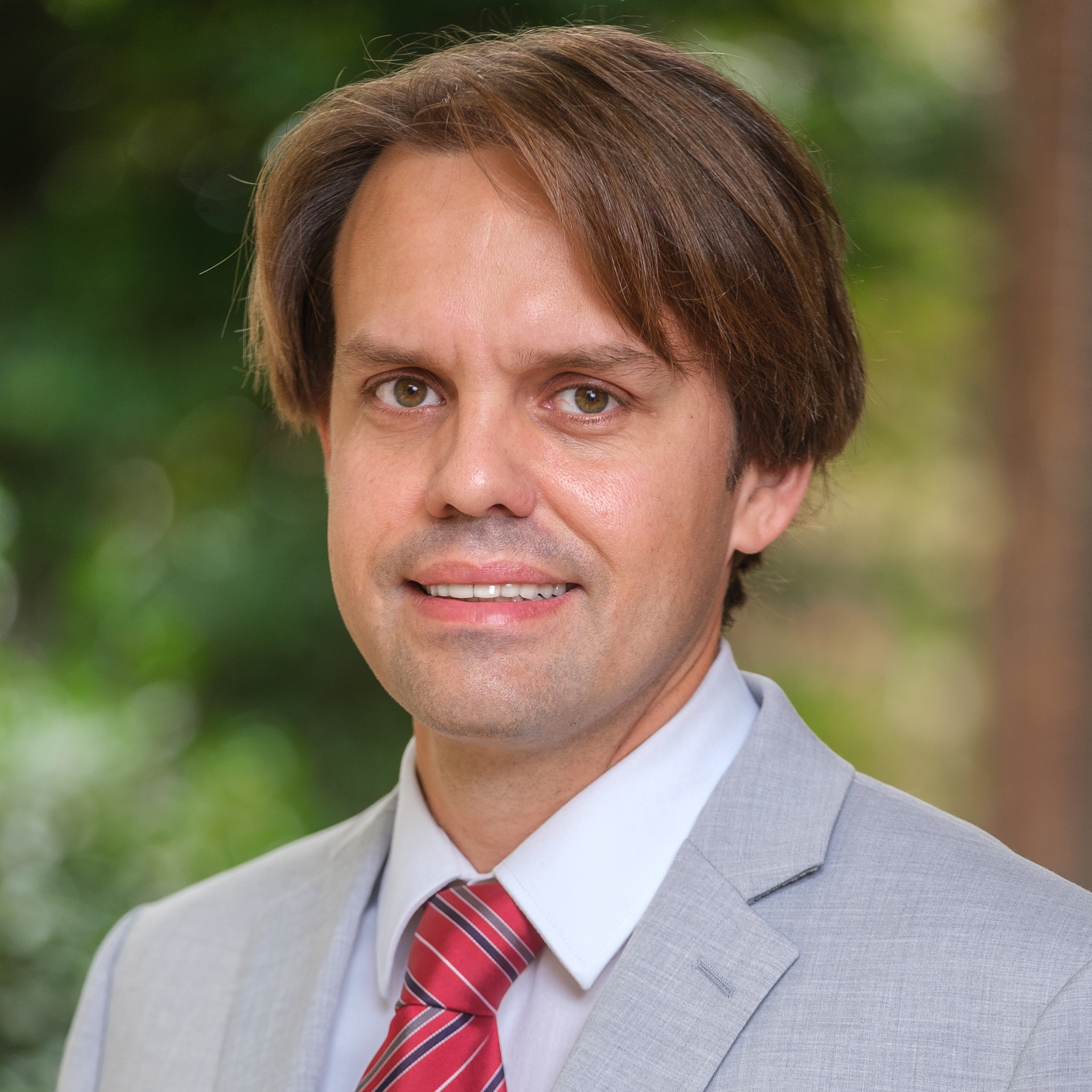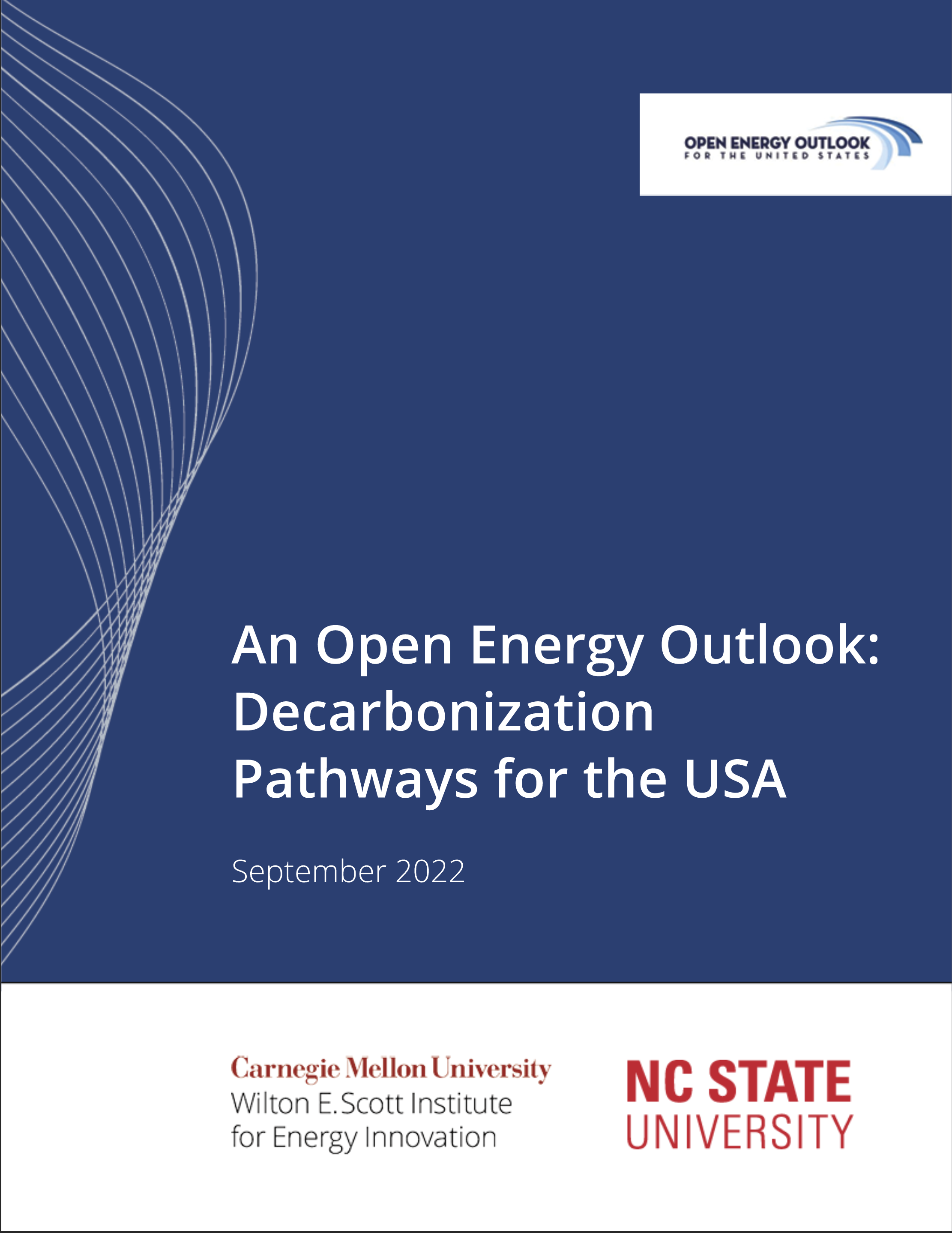Let me tell you how research ideas connect things and people towards the achievement of goals and development of science
Published:
Back in 2012, after my Ph.D. at The University of Texas at Austin, I joined research projects on Analytics applied to energy systems in Brazil. One of those was related to efficiency analysis of electricity Distribution companies (DISCOs) and methods such the data envelopment analysis. On that topic I started to work with an undergraduate student Giulia Medeiros at Universidade Federal de Itajubá in a collaboration with professors José Wanderley Marangon Lima and Luana Medeiros Marangon Lima. In November of the same year I went back to the US for the INFORMS Annual Meeting in Phoenix AZ where I had a talk about Stochastic Optimization and Energy. After the conference I had the opportunity to go back to Austin and discuss ideas with my former Ph.D. advisor David Morton. At that same week I was able to watch the weekly OR seminar (I remember so many of those as student), where professor Ahti Salo as a guest speaker was talking about a new method that he developed the Ratio-based efficiency analysis (REA). The talk caught my attention and at the end I was deeply interested in the method, I asked a few questions and mentioned the efficiency analysis of electricity DISCOs that we were working on (thinking we potentially could apply). Professor J. Eric Bickel, which was coordinating the seminar series that semester, replied at the time as well and said that this could be a nice way to rank the electric utilities, that helped to increase the brightness of the light bulb :) I came back to Brazil and started to explain the idea to my colleagues and Giulia Medeiros, who quickly accepted the research challenge and started to attempt making the new application of the REA a reality. After lots of time spending studying, training in scientific programming and algebraic modeling in Python and Pyomo, she was able to create efficiency analysis optimization models and extrapolate the analysis of DISCOs for the whole Brazilian power grid. Many things happened along the process, Giulia finished her degree in electrical engineering and her masters in the same field and started to pursue her Ph.D. Recently she achieved her first journal publication in the topic with others manuscripts in preparation. I need to say that I am extremely proud of her, for the hard work, knowledge developed and her courage to explore complex problems. I need to thank each people named here for the things that happened, for the opportunity to interact with them during this process and for sharing knowledge. We thank also CPFL Energia who funded this ANEEL R&D grant. Research is fascinating to me and I hope to develop this feeling and spark lights in the lives of my students as my professors did and still do. 




